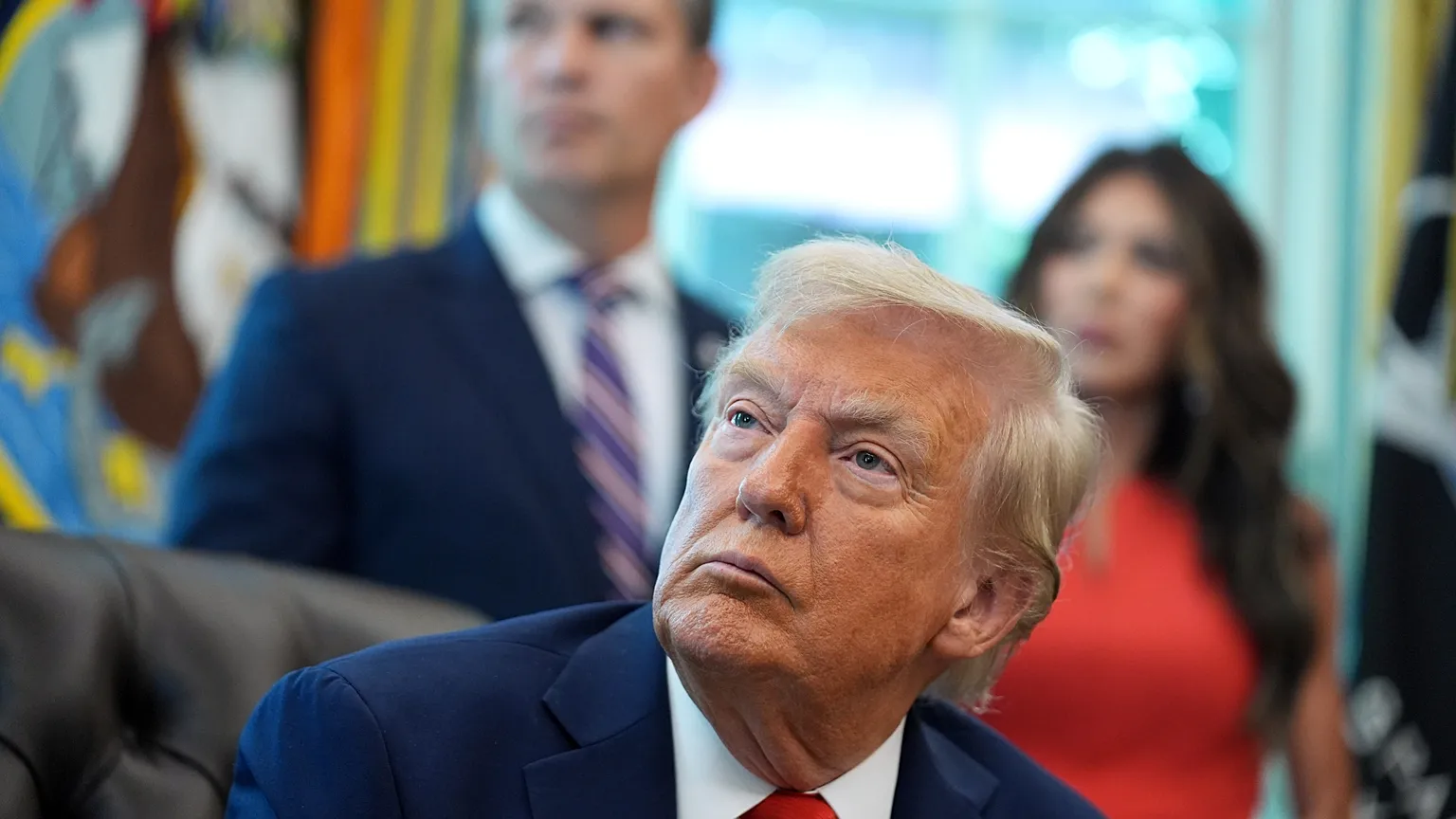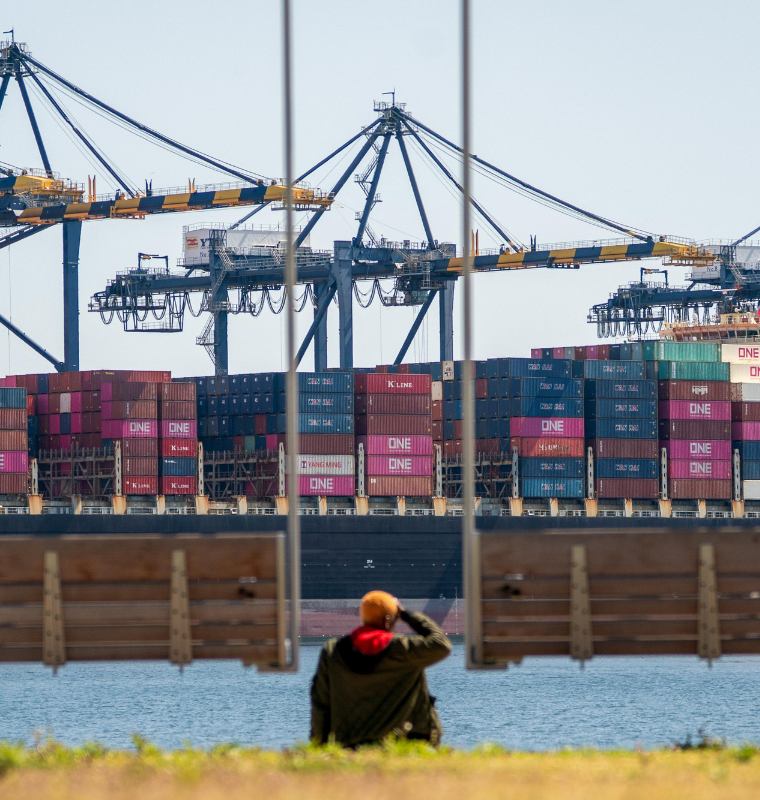Trump Threatens Sweeping Tariffs and Chip Export Bans Over Global Digital Taxes
Trump Threatens Sweeping Tariffs and Chip Export Bans Over Global Digital Taxes
By
Junia Wells
Last updated:
August 26, 2025
First Published:
August 26, 2025

Photo: Euronews.com
Trump’s Warning to U.S. Trade Partners
President Donald Trump announced Monday that he would impose “substantial” new tariffs and restrict U.S. semiconductor exports to countries that refuse to eliminate digital service taxes (DSTs).
Writing on Truth Social, Trump declared that these taxes are “designed to harm, or discriminate against, American Technology” and placed foreign governments “on notice” that the U.S. will retaliate if they don’t roll them back. He added that the measures would extend to export bans on “our Highly Protected Technology and Chips,” signaling an escalation of trade tensions.
His message was blunt: “Show respect to America and our amazing Tech Companies or consider the consequences!”
Why Digital Taxes Are a Flashpoint
Digital service taxes have been implemented by more than 20 countries, including major U.S. allies such as France, Italy, India, and the U.K. These levies primarily target tech giants with annual global revenues above a certain threshold — companies like Meta, Alphabet (Google), and Amazon, most of which are American.
Proponents argue these taxes ensure massive digital corporations pay their fair share in markets where they earn billions in advertising, e-commerce, and cloud services revenue. Critics, however, — including U.S. lawmakers from both parties — contend that DSTs are unfairly discriminatory, singling out American businesses while exempting domestic competitors.
Canada’s Retreat Under Pressure
One of the clearest examples of Trump’s aggressive stance came earlier this year when Canada proposed a digital services tax set to take effect in June 2025. The Trump administration immediately threatened to end all trade negotiations with Ottawa. Facing mounting pressure, Canada pulled back just before the tax was due to be implemented. The White House claimed victory, saying Canada had “caved” under U.S. pressure.
That move underscored how central DSTs have become in Trump’s trade strategy — both as a symbolic issue and as a tool to protect American technology giants.
Bipartisan Pushback at Home
The fight over DSTs isn’t purely partisan. In 2023, both the chairman and ranking member of the Senate Finance Committee warned U.S. trade officials that Canada’s proposal could subject American innovators to “arbitrary discrimination.” The concern cuts across party lines, as Washington views these taxes as a growing global challenge to U.S. dominance in the digital economy.
The Global Trade Stakes
Countries imposing DSTs insist they are correcting a long-standing imbalance. For example, European governments argue that companies like Amazon generate billions from local customers while paying minimal corporate taxes within their borders. India, which introduced its own tax in 2020, says the levies level the playing field for domestic firms.
But Trump’s proposed retaliation — new tariffs on exports and tighter chip restrictions — could ignite broader trade disputes. Tariffs would raise costs for countries exporting goods to the U.S., while semiconductor restrictions could disrupt global supply chains at a time when demand for advanced chips in AI, defense, and automotive sectors is surging.
What Comes Next
If Trump follows through, the move could strain relations with some of America’s closest allies, complicate ongoing trade talks, and potentially trigger retaliatory measures. For U.S. tech firms, however, the message is clear: Washington is prepared to use tariffs and chip leverage to shield them from what it views as unfair taxation abroad.
The digital tax debate reflects a larger battle over who controls the profits of the global digital economy — the countries where services are consumed, or the U.S., home to most of the world’s largest tech corporations.
Popular articles
Subscribe to unlock premium content
Merch, Meals, and Memories

Innovating One Feature at a Time

Zero Taxes, Maximum Attraction – Why Monaco is the ultimate playground for the wealthy.

Merch, Meals, and Memories

Innovating One Feature at a Time

Merch, Meals, and Memories







.png)

